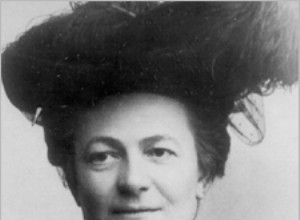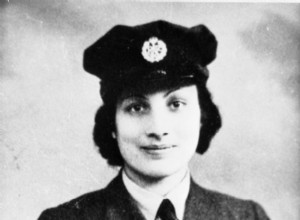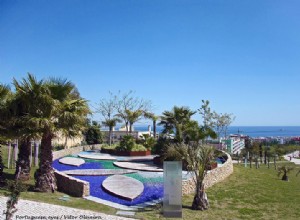Clara Eissner (1857 – 1933) who became Clara Zetkin was a German journalist, politician and feminist figure. She is notably at the origin of the international day of womens rights on March 8. Activist for equal rights between women and men Born on July 5, 1857, Clara Eissner is the daughter of a




